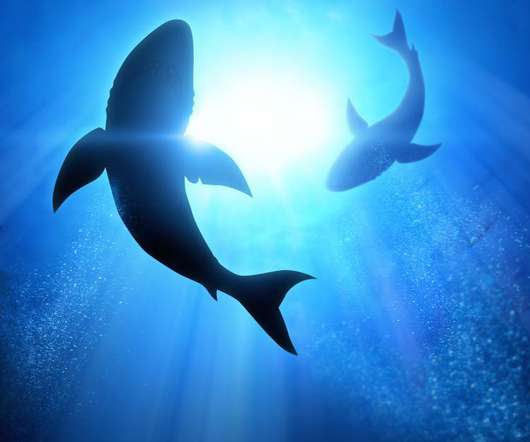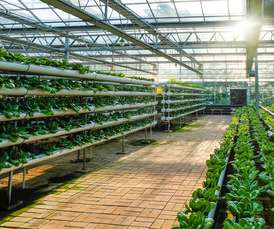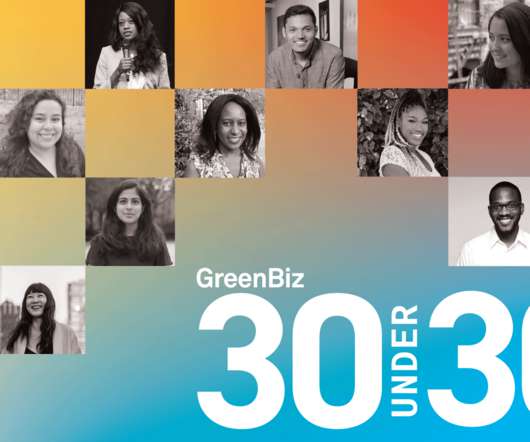Sharks, beauty and synthetic biotech
GreenBiz
FEBRUARY 13, 2023
Synthetic biotechnology is projected to surpass $61 billion in revenue by 2030, driven by companies interested in shifting sourcing strategies away from petrochemicals or practices harmful for biodiversity.














Let's personalize your content